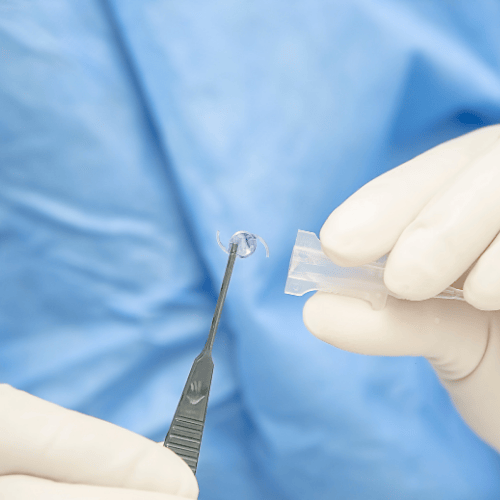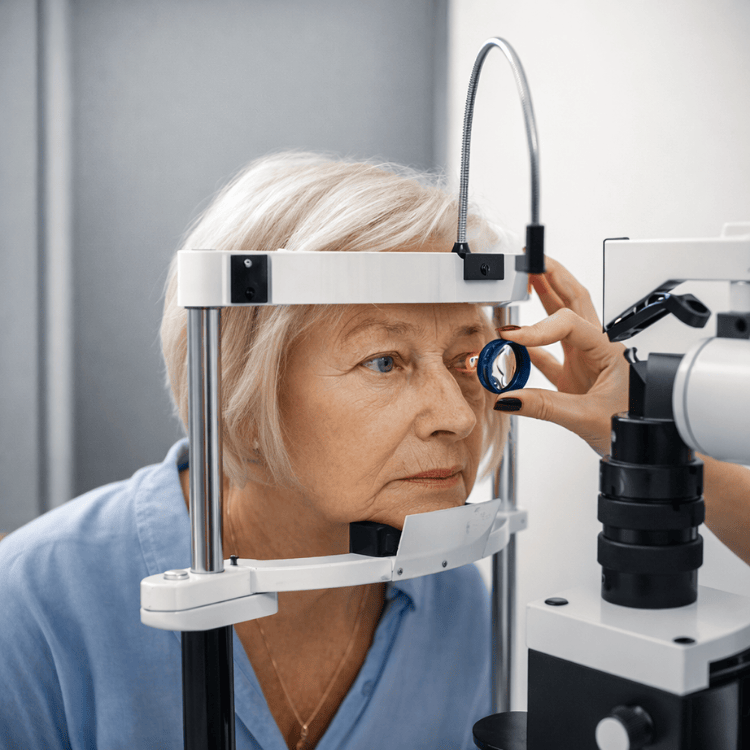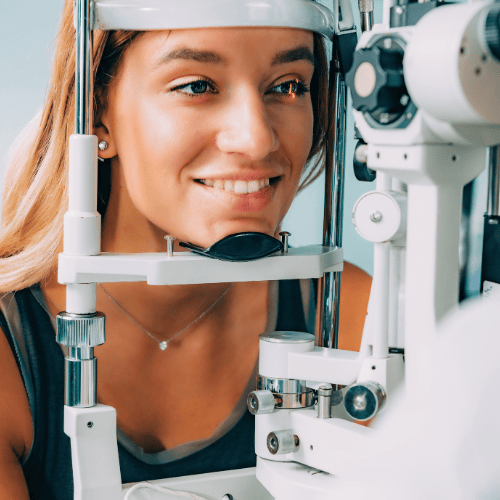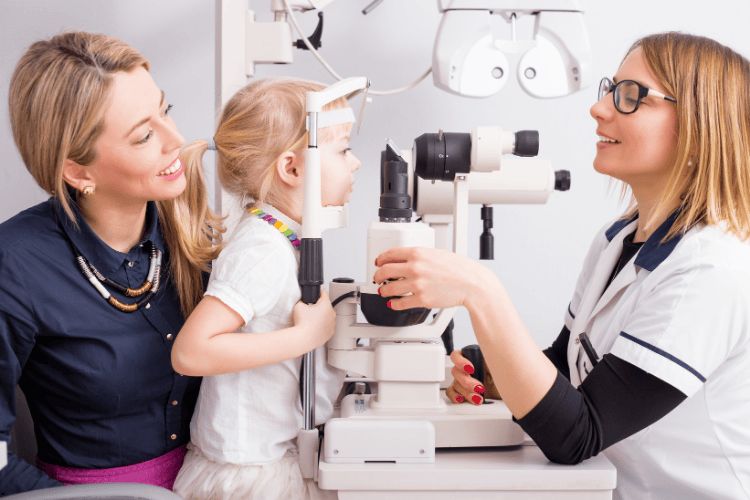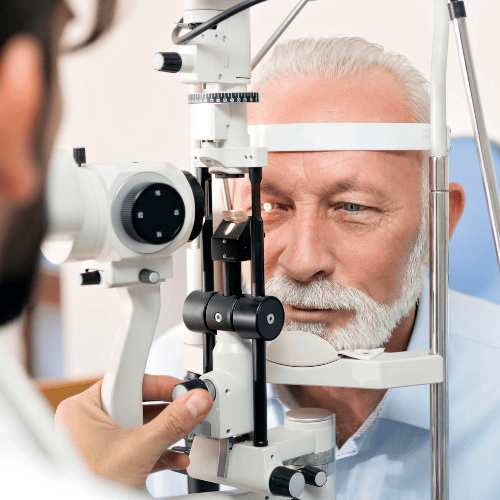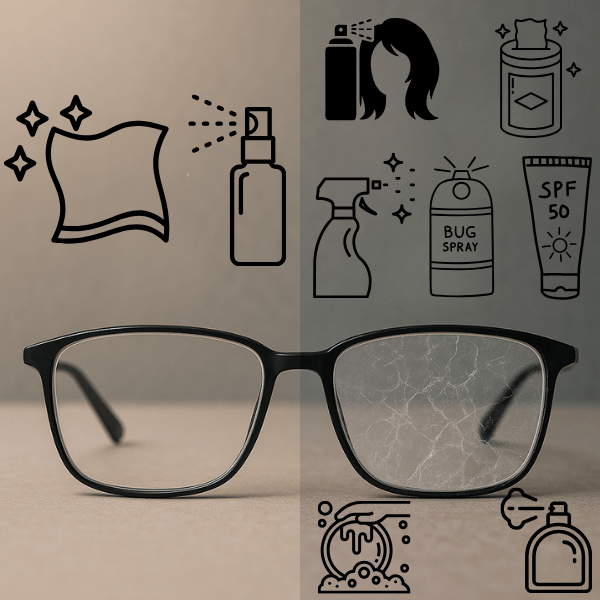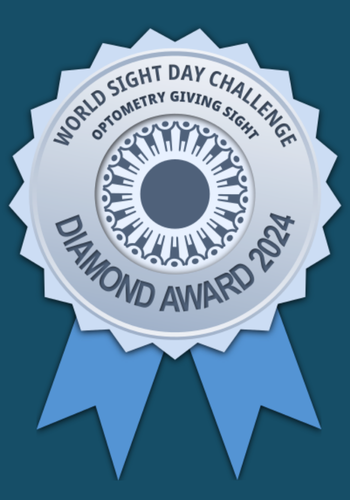DISPOSABLE CONTACT LENSES AND MICROPLASTIC POLLUTION – WE HAVE A SOLUTION
As our society increasingly relies on convenience and disposable products, a silent environmental crisis lurks beneath the surface: the proliferation of microplastics. These tiny plastic particles, often measuring less than 5 millimeters, are a byproduct of the degradation of larger plastic items and the direct result of improper disposal of everyday objects, one of which is surprisingly common—contact lenses.
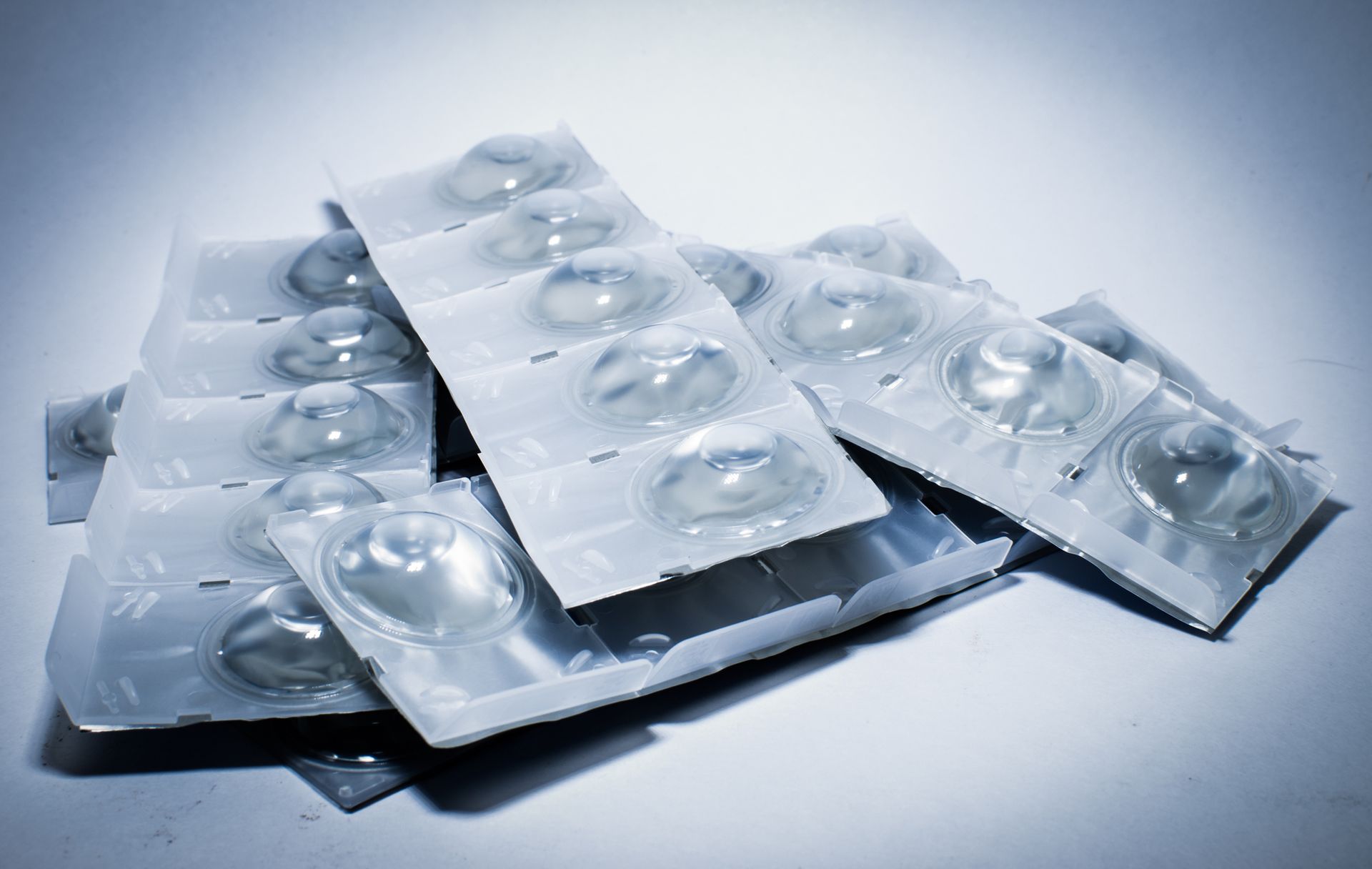
A Hidden Source of Microplastics
Contact lenses are a ubiquitous solution for vision correction, with millions of people worldwide relying on them every day. However, as users reach for new lenses or dispose of damaged ones, many do not realize that flushing used lenses down the toilet or disposing of them in the trash contributes to microplastic pollution. In fact, a single pair of contact lenses can take hundreds to thousands of years to decompose fully, breaking down into microplastics that easily escape into our waterways.
The Troubling Journey of Microplastics
Once microplastics enter the environment, their journey becomes a complex story of contamination. These particles can be ingested by aquatic life, leading to bioaccumulation within the food chain. Fish and other marine organisms mistake microplastics for food, resulting in physical harm and potential ingestion of toxic substances absorbed by the plastics. Studies have shown that microplastics can affect the health of these creatures, leading to reduced growth rates, reproductive issues, and even mortality.
Moreover, evidence is mounting that microplastics can eventually make their way to our plates. Humans are exposed to microplastics not only through seafood consumption but also through contaminated water sources and even inhalation of airborne particles. Research indicates that microplastic consumption may have unknown effects on human health, raising urgent concerns among scientists and health professionals alike.
Environmental Impact and Solutions – Free Contact Lens Recycling Program at MVO
So, how can we combat this escalating issue? First and foremost, awareness is key. Contact lenses and their plastic packaging cannot be recycled by municipal programs. Did you know that MVO has a contact lens recycling program? At each of our locations, near the entrance is a Zero Waste Box sponsored by Johnson & Johnson (maker of the popular brand of ACUVUE lenses). Bring your used contact lenses (any brand), the plastic “blister packs” and foil covers to either of our locations and drop them in the Zero Waste Box. Each month the contents are shipped to TerraCycle where they are melted down and used to make products like picnic tables, playground equipment, benches, and other products. Please do not include unopened contact lenses within the original packaging – all products disposed of within the Zero Waste Boxes must be dry, so please drain any storage solution from the packaging before disposal.
Taking Action as a Community
As individuals, we must be conscious of our choices and their wide-reaching effects. Every small change can lead to a larger impact, whether it’s actively participating in plastic pollution reduction efforts or supporting innovation in sustainable products. To truly tackle the microplastic crisis, collective action at the community level is essential. Every contact lens counts! By reinforcing the message of responsible waste disposal, we can protect our environment for future generations.
Contact us to learn more about our recycling efforts.


